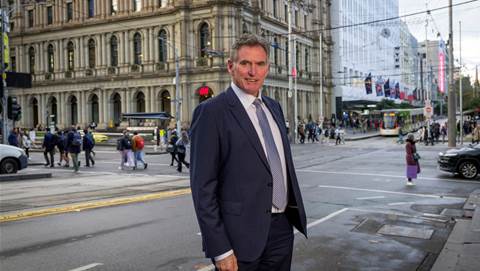The Black Dog Institute, UNSW Sydney and Deakin University have secured $5 million for a project that uses AI techniques to determine which psychological therapies work best for different people.
The project specifically addresses the extensive strain on mental health young people in universities experience.
The first study as part of the project will have students choose from a suite of potentially effective mental health programs.
AI-powered adaptive trial methods will then be used to determine which of a series of therapeutic interventions led to the best outcomes in the group.
The research will also explore whether the interventions had stronger benefits for some groups compared to others, identifying specific student characteristics associated with better outcomes.
Black Dog Institute director Helen Christensen said the $5 million in funding comes from the federal government’s Medical Research Future Fund (MRFF).
“Most psychological interventions for mental health problems are only partially effective," she said.
“Artificial intelligence techniques can be used to help determine which of a range of therapies is most effective and for whom.
“AI can also be used to personalise treatments to individual characteristics.”
Svetha Venkatesh, co-director of Deakin University’s Applied Artificial Intelligence Institute (A²I²), added that the study could also inform the use of AI in other healthcare fields.
“The AI developed for this project can be used in other significant health challenges where time and cost in identifying which care strategies work best are an issue.
“Other health challenges that stand to benefit include the management of diabetes, neurological conditions, addiction, and medications, sleep treatment, and primary care health promotion.”
Other collaborators on the project include Macquarie University’s Centre for the Health Economy (MUCHE), Australia Psychological Society (APS), The Garvan Institute and the Australian Medical Association (AMA).
UNSW data suggests mental health problems including depression and anxiety are the largest of all health disorders globally, affecting around 792 million people.


























